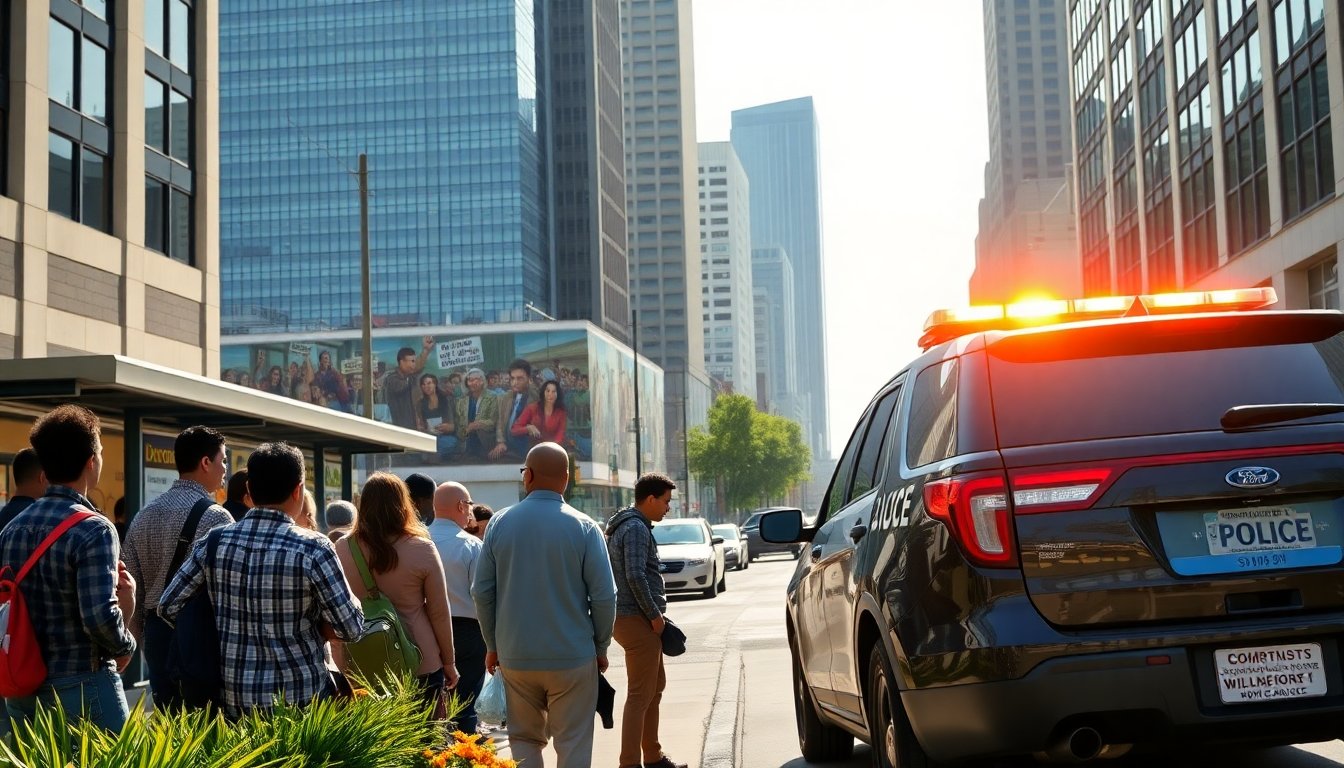Table of Contents
The landscape of immigration enforcement in the United States is undergoing significant changes, placing North Carolina at the center of this evolving situation. The Trump administration is expanding its focus on immigration operations, particularly in urban areas like Charlotte and Raleigh. Local governments now find themselves navigating the complex tension between federal directives and community sentiment. The implications of these actions are attracting considerable attention.
Federal operations and local responses
Charlotte has become a key battleground in the administration’s immigration strategy, with officials asserting that heightened enforcement will reduce crime. However, the data tells a different story: crime rates in the city have been steadily decreasing, challenging the administration’s narrative of an urgent crisis. Mayor Vi Lyles has voiced her concerns about these operations, stating that they instill unnecessary fear in residents and undermine the community’s sense of security.
Political dynamics and community impact
As the federal government intensifies its actions, local leaders are raising alarms about the potential consequences. Governor Josh Stein has publicly criticized these operations, arguing that the deployment of heavily armed agents targeting individuals based on racial profiling undermines community trust. He highlighted that many of those detained possess no criminal records, prompting serious questions about the rationale behind these enforcement actions. This perspective resonates with community members, who express concerns that the crackdown may result in harassment and unjust arrests.
The role of the National Guard
The deployment of the National Guard in immigration enforcement strategies has generated significant debate. Although the National Guard lacks arrest powers, their presence is meant to support federal operations. Critics contend that this military involvement in immigration enforcement is excessive and exacerbates tensions within communities. Rick Su, a law professor, remarked that the administration seems more focused on the spectacle of enforcement rather than addressing the underlying issues.
Legal challenges and community resistance
In response to federal actions, cities such as Chicago and Los Angeles have initiated legal challenges against the deployment of military forces within their jurisdictions. Local officials argue that these maneuvers infringe on state sovereignty and do not comply with the legal requirements for troop deployment. These ongoing legal battles signify a broader resistance to federal immigration policies, with communities uniting to safeguard the rights of both immigrants and citizens.
Impact on daily life and local businesses
The immigration crackdown is influencing daily life and local economies significantly. Reports suggest a decline in business activity as fears of encounters with immigration agents deter customers. Community leaders like Greg Asciutto emphasize that this atmosphere of fear jeopardizes not only residents’ well-being but also the economic stability of the region.
As the Trump administration persists with its enforcement strategy against undocumented immigrants, the response from local communities in North Carolina will be pivotal. The ongoing tension between immigration policy and community safety poses critical questions about the future social dynamics in cities such as Charlotte and Raleigh.
The expansion of federal immigration enforcement in North Carolina presents a multifaceted challenge. It intertwines local governance, community safety, and economic stability. As tensions escalate, local leaders and residents must work together to address the complexities arising from these federal initiatives.


